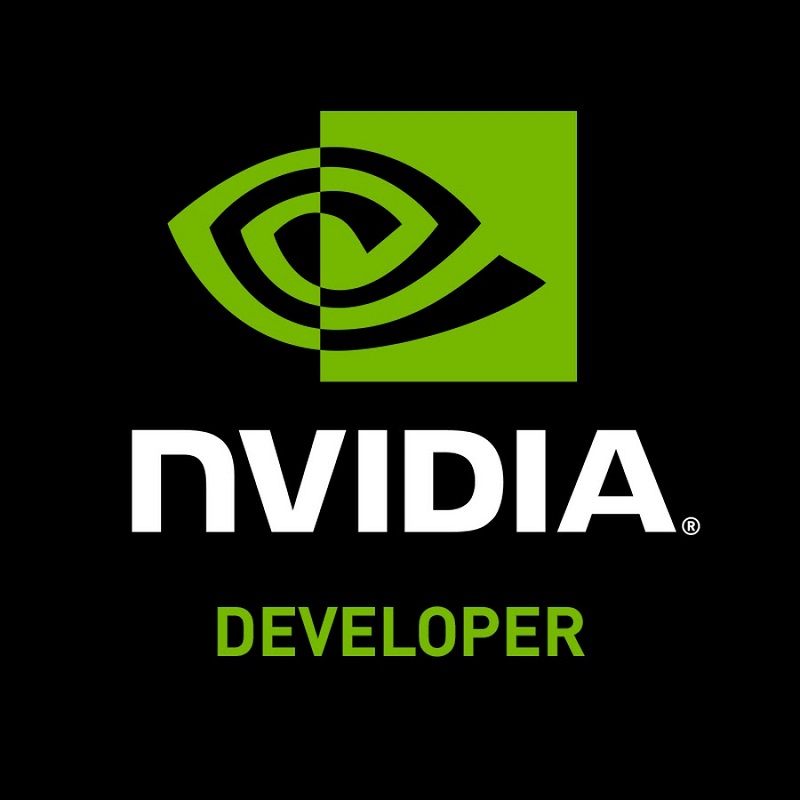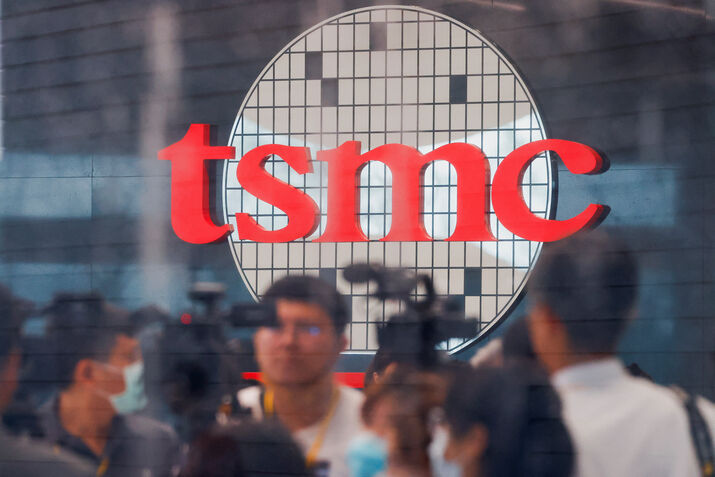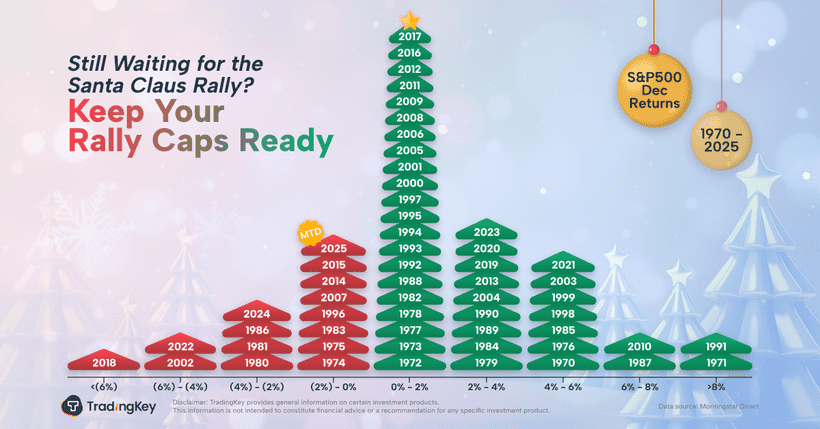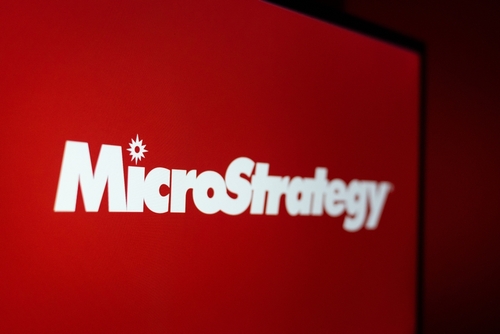Nvidia vs Palantir: Wall Street Says Buy Only 1 of These 2 Soaring Stocks

Nvidia (NASDAQ: NVDA) and Palantir Technologies (NASDAQ: PLTR) have been two of the stock market's biggest winners over the past couple of years -- they even delivered the best performances in the Dow Jones Industrial Average and the S&P 500, respectively, in 2024.
Investors love these stocks for their positions in the high-growth artificial intelligence (AI) market. Nvidia is the world's leading AI chip designer, and Palantir sells a popular AI-driven software platform that helps customers make better use of their data. Both of these companies have reported soaring revenue and demand, and long-term prospects look bright as well.
Where to invest $1,000 right now? Our analyst team just revealed what they believe are the 10 best stocks to buy right now. Learn More »
But Wall Street only recommends buying one of these players. According to Wall Street's average price forecast, one of these stocks is expected to climb nearly 20% in the next 12 months, while the other is expected to decline by 25%. Let's take a closer look at each and then find out which one Wall Street favors right now.

Image source: Getty Images.
The chip giant
Nvidia is the world's AI chip leader, offering graphics processing units (GPUs) that outperform all others on the market. They're pricier than rivals, but the company says that over time, gains in efficiency result in lower total cost of ownership. So, Nvidia GPUs may actually be the least expensive option for customers if they commit to them over the long run.
Nvidia hasn't had to worry about attracting customers, though. Demand for its latest architecture and chip, Blackwell, surpassed supply as the platform launched a few months ago. Blackwell delivered $11 billion in revenue during its first quarter on the market. And Nvidia's pledge to update its chips on an annual basis should keep this growth going.
Of course, the AI giant faces rivals, such as Advanced Micro Devices, and even Nvidia's own customers, in some cases, have become rivals as they make their own chips. (They haven't abandoned Nvidia but are using their own chips in addition to Nvidia GPUs.) Still, there's enough demand in the growing AI market to allow Nvidia to remain on top and for others to succeed as well.
The data analysis powerhouse
Palantir's business may not seem too exciting at first: The company offers software, driven by AI, that aggregates a customer's disparate data and puts it to work. But what sounds simple or mundane is actually driving some pretty exciting results. For example, on a battlefield, it's helping the military make faster and better decisions. As for commercial use, customer Rio Tinto says Palantir's software, by accessing unstructured data, is helping it tackle problems it never thought possible.
In Palantir's early days, governments were its biggest customers, but in recent times, commercial growth has taken off. Companies across sectors are rushing to Palantir's Artificial Intelligence Platform (AIP) to help them solve problems or implement new processes and strategies. In the latest quarter, Palantir's commercial business delivered double-digit revenue growth, and the government business has continued to do the same. So, Palantir has two high-growth businesses, and considering the company's comments about recent demand, there's reason to be optimistic about the future.
The one problem with investing in Palantir is the stock's valuation. It trades for a lofty 232 times forward earnings estimates. But it's important to remember that this only considers earnings expected next year and doesn't account for the company's prospects over the long run.
What does Wall Street think?
Now, which of these two does Wall Street recommend buying? About 30 Wall Street firms have a positive recommendation, such as buy or outperform, on Nvidia, and the average 12-month price forecast indicates a gain of 19% from the closing price on June 12.
As for Palantir, nine Wall Street analysts have a neutral or negative rating on the stock, and only two -- Wedbush and Bank of America Securities -- have positive recommendations on the shares. The average price forecast implies a 25% decline for the stock over the next 12 months.
So, Wall Street clearly recommends buying Nvidia over Palantir, and much of this is linked to Palantir's steep valuation.
Considering all the points above, Nvidia does stand out as the better buy right now for most AI investors, especially if you're cautious or focus on value. Aggressive investors, though, may still want to add some Palantir to their holdings. The company's earnings continue to march higher, demand is strong, and the AI market is booming -- and all this may create the recipe for a long-term win for Palantir shareholders, even those who buy at today's price.
Should you invest $1,000 in Nvidia right now?
Before you buy stock in Nvidia, consider this:
The Motley Fool Stock Advisor analyst team just identified what they believe are the 10 best stocks for investors to buy now… and Nvidia wasn’t one of them. The 10 stocks that made the cut could produce monster returns in the coming years.
Consider when Netflix made this list on December 17, 2004... if you invested $1,000 at the time of our recommendation, you’d have $653,702!* Or when Nvidia made this list on April 15, 2005... if you invested $1,000 at the time of our recommendation, you’d have $870,207!*
Now, it’s worth noting Stock Advisor’s total average return is 988% — a market-crushing outperformance compared to 172% for the S&P 500. Don’t miss out on the latest top 10 list, available when you join Stock Advisor.
*Stock Advisor returns as of June 9, 2025
Adria Cimino has no position in any of the stocks mentioned. The Motley Fool has positions in and recommends Advanced Micro Devices, Nvidia, and Palantir Technologies. The Motley Fool has a disclosure policy.








